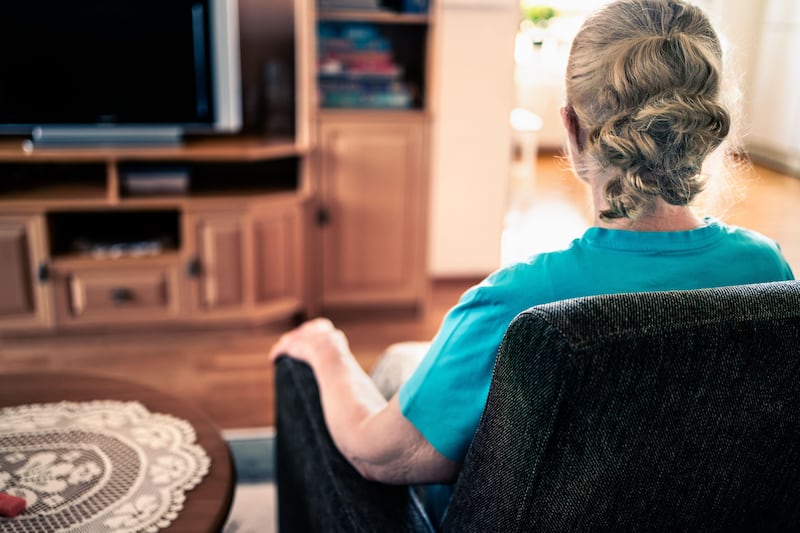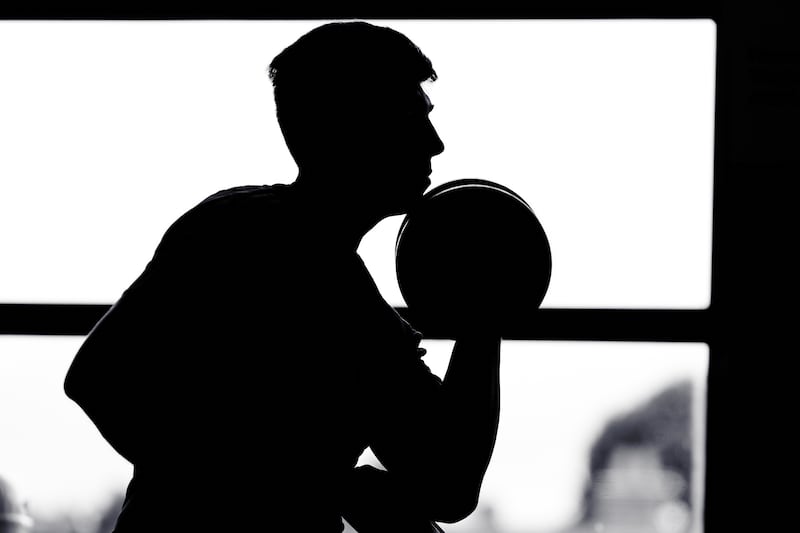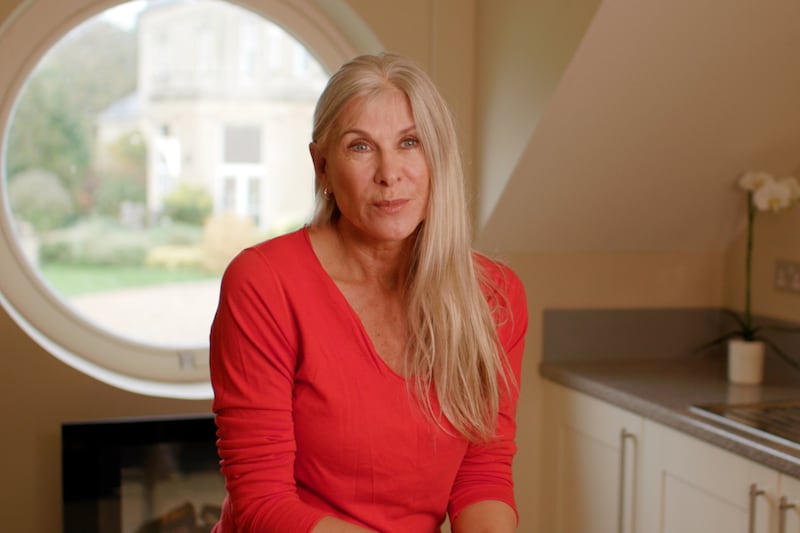Strictly Come Dancing’s Angela Rippon says the secret to being “a very well-preserved vintage model” in senior years is movement.
The 79-year-old broadcasting legend is currently putting in some impressive and highly energetic performances as a contestant on the BBC One show and is not going to let her age affect her progress on the show – or in life in general.
Rippon’s first noteworthy appearance on a dancefloor was in the 1976 Morecambe and Wise Christmas Show, when she sat behind a BBC newsdesk before emerging to perform a famous high-kicking dance routine.
“Your body is a machine, full of thousands of working parts,” she says. “And like any machine, if you don’t use it then the moving parts will seize up and stop working.
“So you have to keep all those different parts working, you have to feed them, oil them, exercise them, so they continue to work and you can go into your senior years, maybe not as a Formula 1 as you were in your 20s and 30s, but as a very well-preserved vintage model.”
The former BBC newsreader, who is the oldest-ever contestant on Strictly, says she knows there are a lot of older people who, for many reasons including illness, aren’t able to maintain their body well.
“But for those of us that have general good health, what it means is that – and I hope I’m proving it by what I’m doing on Strictly – as long as you keep yourself fit, strong and flexible, you can go into your later years (I mean, I’m a year away from being 80 now) still enjoying all the things you’ve come to accept as being part of your life from when you were younger.
“You can play football with the grandkids, go for nice long walks, take part in all sorts of family entertainment, and still keep getting as much as possible out of life, even though you’re in your 60s, 70s or 80s. I think it’s just common sense to say the longer you’re able to keep yourself fit and healthy, the longer you’re able to get the maximum out of your life.”
While the gruelling training sessions for Strictly with her partner Kai Widdrington mean Rippon is much fitter than your average 79-year-old, she says taking part in the show has exercised her mind just as much as it’s challenged her body.
“I’ve discovered I’m a lot fitter than I thought I was,” she says with a smile. “And the thing is, it ticks all the boxes for me because it’s not just a physical challenge, it’s a mental challenge too, and that’s one of the things I think is terribly important as we get older, that we don’t just keep our bodies agile and flexible, we keep our minds agile and flexible, too. That’s really essential.”
The broadcaster presented the BBC series How to Stay Young in 2016, where she travelled the world with Dr Chris van Tulleken to investigate the latest research on slowing the ageing process.
She says: “The scientific work that was done in the [show], on dance versus going to a gym, found that dance really is the ultimate full mind and body exercise – we were able to prove that was true.
“And so something I’m very much an advocate of is encouraging people as they get older to look after their bodies, to ensure you can go into your senior years fitter, stronger, and more flexible, so you can get the best out of life for as long as possible.”
Rippon, who presented the original version of Come Dancing between 1988 and 1991, kept fit before Strictly through Pilates, ballet classes, tennis, power walking, cycling and yomping – a mixture of jogging and walking.
“I don’t run any more, because I don’t think that’s good for my knees,” she reveals. “But my joints are actually pretty good. After I did the Charleston last week, I did feel midweek that perhaps I ought to order a new pair of knees, but they didn’t arrive in time. So I had to work with the ones I’ve got, but they still seem to be all right!”
But it’s not just structured exercise that keeps her on her toes – long hours working full-time means she maintains a good fitness level anyway, she says, pointing out that she covered the funeral of Queen Elizabeth II for Australian TV from the early hours of the morning straight through until late afternoon.
“The majority of that time, not only was I broadcasting using my brain, using the knowledge that I had and my skill as a broadcaster, but I was on my feet. You can’t do that unless you’re fit.
“If I film at the end of the day, I have to be just as bright-eyed and bushy-tailed as I was at the beginning. And if you’re not fit, you’re not going to be able to achieve that.”
She’s also done 10 minutes of stretching every morning for more than 50 years, pointing out: “Stretching is one of those things it’s really important that you do. When I go into the Strictly training room, Kai and I warm up before we start dancing, before we do anything. But I’ve already done 10 minutes in the morning, a combination of a few Pilates and ballet exercises, which just untangle everything after a night’s sleep, get the blood flowing, my muscles working and my joints active again.”
It’s complemented by impressively healthy eating. Rippon is lactose intolerant, so avoids dairy foods, eats a lot of plant-based meals, and loves the taste of fish and salads. “I make sure at the moment that I’m eating well,” she says, pointing out that she does a lot of batch cooking of meals containing “lots of lovely vegetables”.
She adds: “On the whole I prefer to make my own meals and stick them in the freezer, so I always know there’s something I can come home to, something that’s homemade and wholesome.”
Rippon, who’s one of the longest-serving broadcasters on British TV after starting as a BBC regional reporter in 1966, is divorced and lives on her own, although she says that because she has so many good friends and family, she’s never lonely.
“I really don’t feel lonely – I think I’m very lucky in that respect,” she reflects. “I have a job in which I’m always surrounded by people. And actually, as a result, sometimes it’s quite nice just to have some me-time, to have time to myself.”
But she’s aware that many people of her generation do feel lonely or isolated – indeed, a new study by Amazon found over half (54%) of participants, who were aged 65 and over, said they sometimes or always felt isolated. They were then given a voice-activated Amazon Echo Alexa device, and 81% said it made them feel less lonely.
Rippon has teamed up with Amazon, and uses Alexa herself. She says: “It’s like having a robot in the house really, some sort of automated butler and PA.
“You just talk to it, and Alexa responds and can do so many wonderful things. I think it’s very comforting for a lot of people to know that in a funny sort of way, you’re not alone in the house.”
But she adds: “It will never take the place of human contact among the people who are isolated and lonely, and it shouldn’t. But it’s a great way of bringing a bit of comfort to people and enabling them to stay in touch with people so they do have social contact, because it makes contacting others so easy.”
Angela Rippon has teamed up with Amazon to raise awareness of how the power of technology can help reduce feelings of loneliness and isolation.






